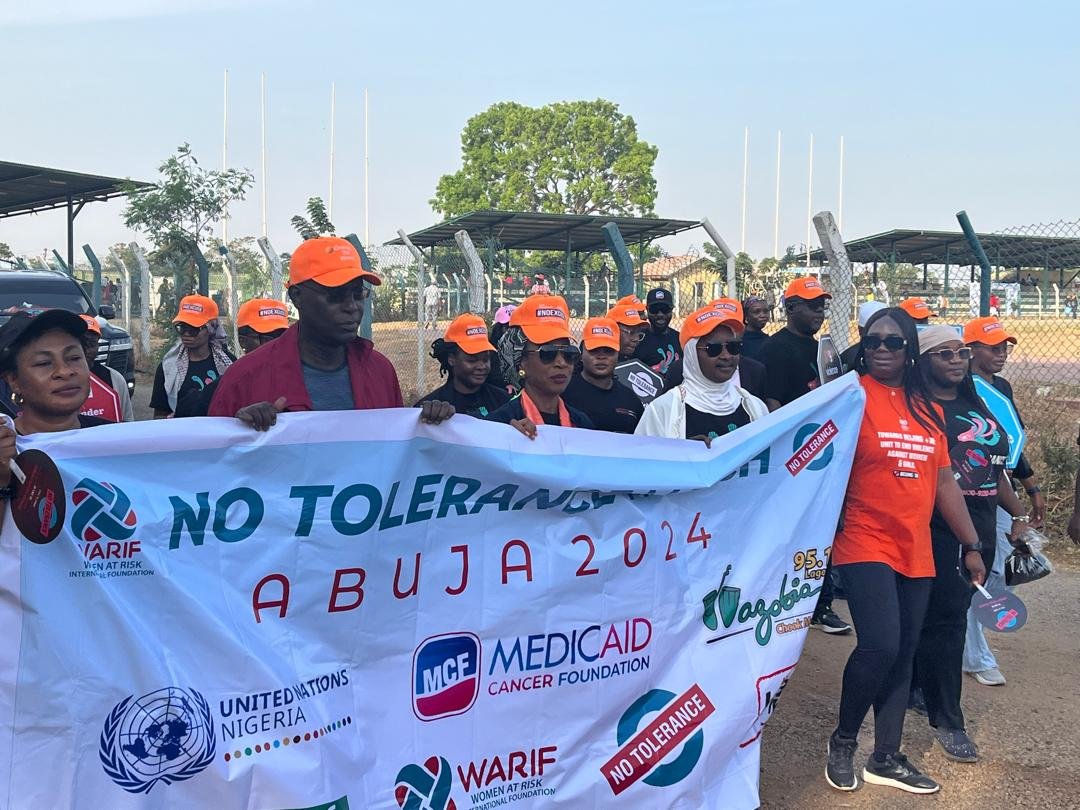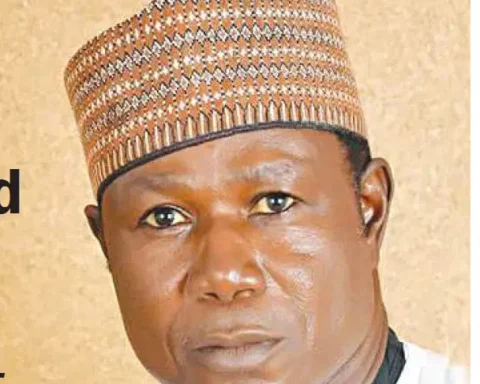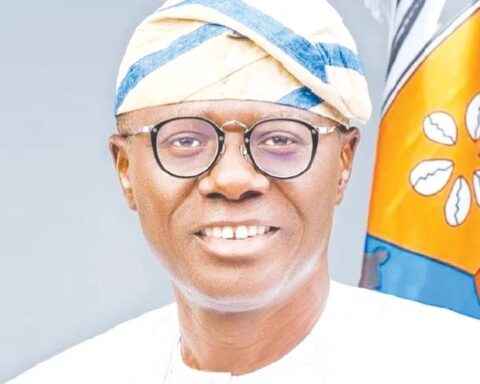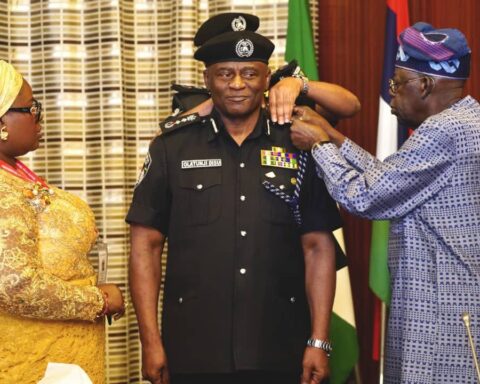The United Nations Resident Coordinator, Mohammed Fall, on Saturday, led some prominent women activists in a march on major streets of the Nigerian capital city of Abuja to demand the end of violence against women.
The march was part of activities marking the 16 Days of Activism against Gender-Based Violence (GBV) celebrated worldwide.
During the march, which was organized in Abuja by the UN Women in conjunction with the Women at Risk International Foundation (WARIF) and Medicaid Cancer Foundation, the UN Resident Coordinator, alongside the women, carried placards demanding an end to violence against women and spoke against what they termed crime not only against women but humanity.
Addressing the media after the long walk, Mr Fall said there was an urgent need for an end to violence against women, girls and boys, insisting that everyone needs to be involved in the campaign as it affects the entire human race.
He lamented that the statistics of violence against women are still very alarming and showed that it needed to be approached with all-around strategies that would make people know its harm and get offenders no hiding place.
Fall said there is still much to be done by the government, law enforcement agencies and leaders in all sectors to build awareness against violence against women and to expose it for what it is: crime against humanity.
Speaking on the need to put an end to the crime, the former First Lady of Kebbi State and Founder of Medicaid Cancer Foundation, Dr Zainab Bagudu, said with the law against violence against women in place, there is still a need to fight until the society shows it does not tolerate violence against women.
She said after the law, “then the next step becomes the implementation and general awareness, the mindset of the average, person from our environment, is that they don’t even understand what constitutes abuse. So we need to educate them, to make them aware, and most importantly, to combine the facilities that they need if abuse should take place, we focus on women and young adolescent girls, but boys are also victims of abuse, and they can turn out to be perpetrators once they have been abused.”
She said “There is a continuous need
to organize educational classes in schools and different places, so that we can educate our boys and they can prompt be supportive.”
She noted that there is a need for much more efforts at ending the violence against women, insisting that: “Well, it’s (campaign) never enough. We’re a very large country. The population is high, so we know the challenges that we have and different conflicting priorities. So it’s important that we don’t get tired, and one of the advocacies that we do is to call on the government to provide more resources and donor partners to help us. The task can be quite big, and the police can sometimes not be as responsive as we would like them to be, due to other reasons, but we hope that they will be more aware of the trauma that this causes to women, children and some men when it happens, and that’s why we keep on advocating so it’s not enough. We need to have more. We need to take more action. We need to have more understanding. Some programmes focus on educating our security forces so that they understand how they should be reacting. Every police station should have a desk against gender-based violence, and women should have confidence, or abused victims should have the confidence to approach these desks, and make their point without fear of stigmatisation.”
On her part, the Mandate Secretary of the Federal Capital Territory, Dr Adedayo Benjamins-Laniyi, said the campaign was on in all parts of the Federal Capital Territory to drive the message to the grassroots.
She noted that: “We need to keep aggregating and scaling like what is happening today. We need to have more of this advocacy. We need to have more intentionality of collaborations between governments and private and public individuals, people who can invest and engage not just the interest but in terms of the action and bringing interventions from messaging to the place of invested empowerment, of the mindsets of cultural traditional practices.”
Project Manager of WARIF, Adeola Potts-Johnson, on her part, said the campaign has been a success so far for it has grown from just being held in a city to many important cities of Nigeria and prominent cities across the globe.
She said WARIF would continue to push the bar until violence against women becomes history.
Follow us on all social media platforms @dailyquery for more stories around the globe.



























